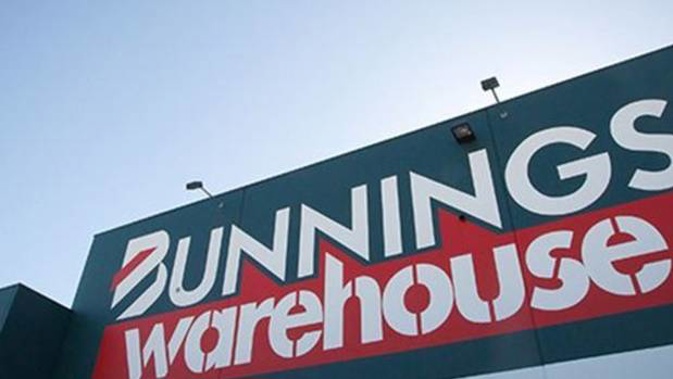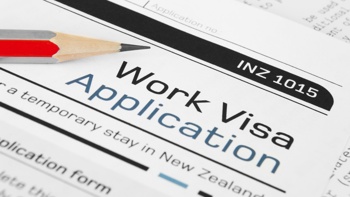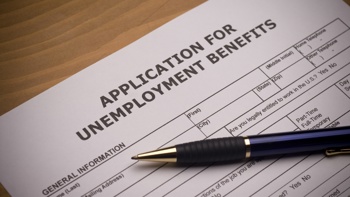
Hardware chain Bunnings has committed to pay its staff the Living Wage of $20.55 per hour.
The move to the Living Wage will see the majority of the retailer's 4000 staff get a pay increase of $2, the equivalent of $80 extra per week for full time workers.
Bunnings joins large firms NZX-listed energy company Vector and Tuaropaki Trust in paying staff the Living Wage.
First Union retail, finance and commerce secretary Tali Williams said the move was unprecedented for the retail sector.
"This is a massive victory for retail workers in New Zealand. No longer will they accept being paid low wages," Williams said.
"Bunnings has set a new bar for what retail workers deserve to be paid."
The mass pay increase comes off the back of the union's Worth It campaign, which seeks to lift the pay rates of New Zealand's lowest-paid staff.
Bunnings HR director Jacqui Coombes said the company initiated the wage offer to "provide market leading entitlements".
"Our team is our biggest asset and providing an environment where they are rewarded and feel valued is really important to us," Coombes said.
Council of Trade Unions Secretary Sam Huggard said Bunnings' move to pay its staff $20.55 per hour was a win for workers.
"[This] is an example of what can be achieved by people in unions campaigning for fair pay and decent lives," Huggard said.
"No matter what you do, everyone is worth a wage that allows you to live healthily and participate in society. It's the future for business in New Zealand."
A total of 100 accredited businesses pay the Living Wage in New Zealand, most small-to-medium-sized enterprises.
Some other large businesses, such as Mainfreight, pay the Living Wage but are not accredited.
Earlier in the year, the Government announced that 2000 of its lowest earners would get a pay boost and receive an hourly rate of $20.55, or $42,744 annually, starting next month.
Official figures show more than 600,000 workers earn less than $20.55 per hour.
/arc-anglerfish-syd-prod-nzme.s3.amazonaws.com/public/2BFFITDOQVD7ZF7SEN24I2EK5Y.jpg)
Living Wage Movement Aotearoa NZ convenor Annie Newman told the Herald many large firms did not meet Living Wage requirements as they do not pay their contract workers, "who work for them on a regular and ongoing basis", a living wage, among other occurrences.
"A lot of companies are picking and choosing what they think makes them a Living Wage employer," Newman said.
She said corporate businesses should be paving the way as they had the ability to set benchmark remuneration standards.
"You can pay, you can make a difference, you can set an example for others and this is well within your financial capabilities," she said.
"Corporates respond to where public opinion sits and I think we're seeing a shift in public opinion, and we're getting to a critical tipping point in the number of businesses talking about it."
The movement had approached New Zealand's largest employers seeking to get them accredited to pay a Living Wage but had received no response from close to all, she said.
Take your Radio, Podcasts and Music with you









